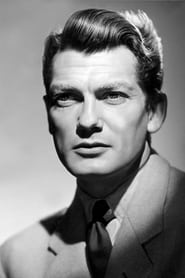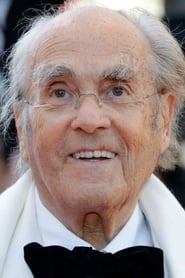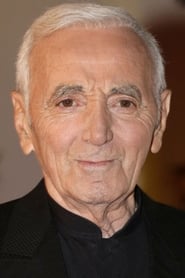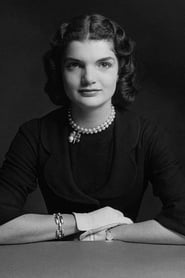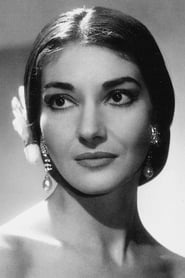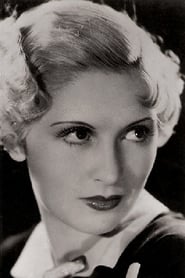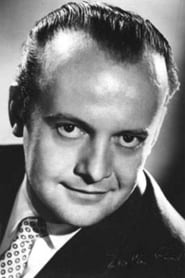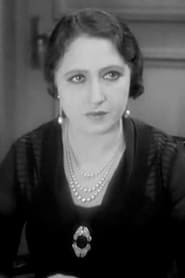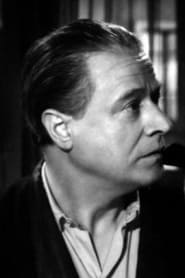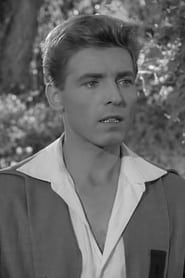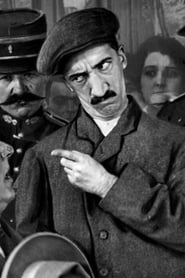The best Jean Cocteau’s movies
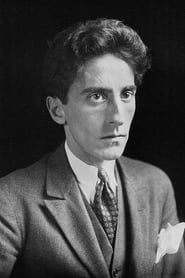
If you love cinema, you will share this ranking of the best Jean Cocteau’s movies, although you may have ordered them differently. In any case, we hope you love it and with a little luck discovering a movie that you still don’t know about Jean Cocteau.
To Each His Own Cinema
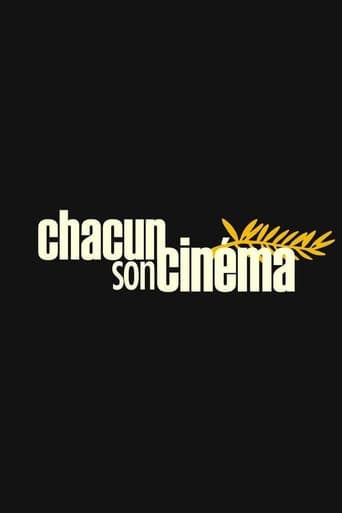
6.8/10
A collective film of 33 shorts directed by different directors about their feeling about cinema.
Beauty and the Beast
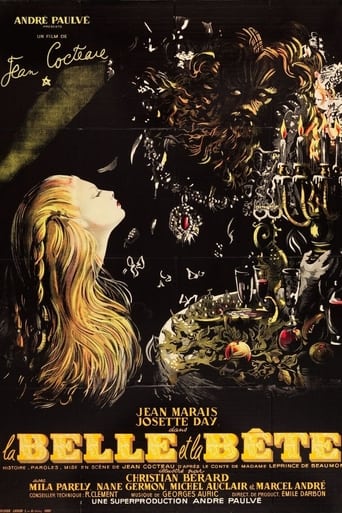
7.9/10
The story of a gentle-hearted beast in love with a simple and beautiful girl. She is drawn to the repellent but strangely fascinating Beast, who tests her fidelity by giving her a key, telling her that if she doesn't return it to him by a specific time, he will die of grief. She is unable to return the key on time, but it is revealed that the Beast is the genuinely handsome one. A simple tale of tragic love that turns into a surreal vision of death, desire, and beauty.
Testament of Orpheus
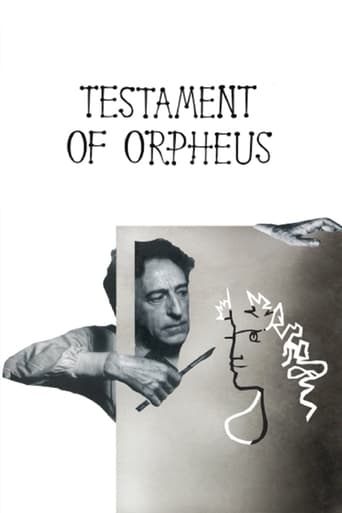
7.2/10
Outside time and reality, the experiences of a poet. The judgement of the young poet by Heurtebise and the Princess, the Gypsies, the palace of Pallas Athena, the spear of the Goddess which pierces the poet's heart, the temptation of the Sphinx, the flight of Oedipus and the final Assumption. This film is the third part of Cocteau's Orphic Trilogy, which consists of The Blood of a Poet (1930), Orpheus (1950) and Testament of Orpheus (1960).
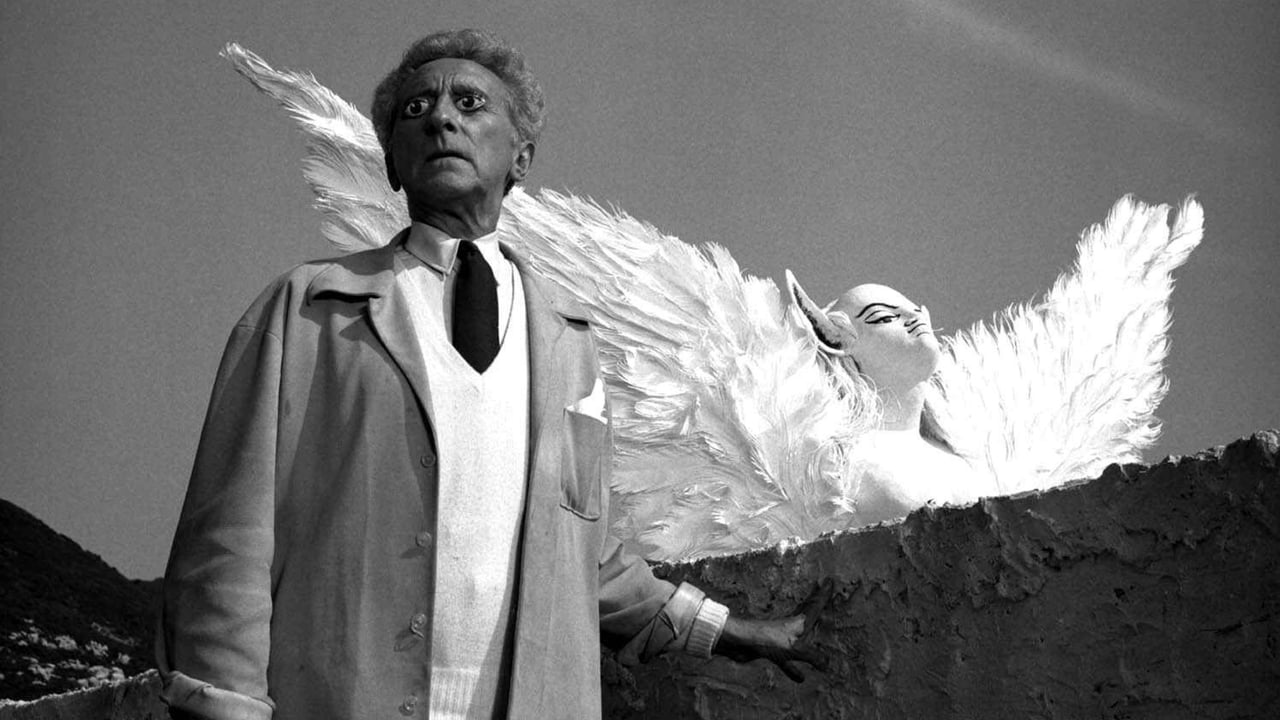
Les Enfants Terribles
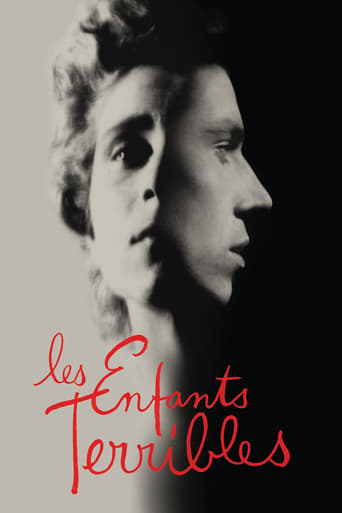
6.9/10
Elisabeth and her brother Paul live isolated from much of the world after Paul is injured in a snowball fight. As a coping mechanism, the two conjure up a hermetic dream of their own making. Their relationship, however, isn't exactly wholesome. Jealousy and a malevolent undercurrent intrude on their fantasy when Elisabeth invites the strange Agathe to stay with them -- and Paul is immediately attracted to her.
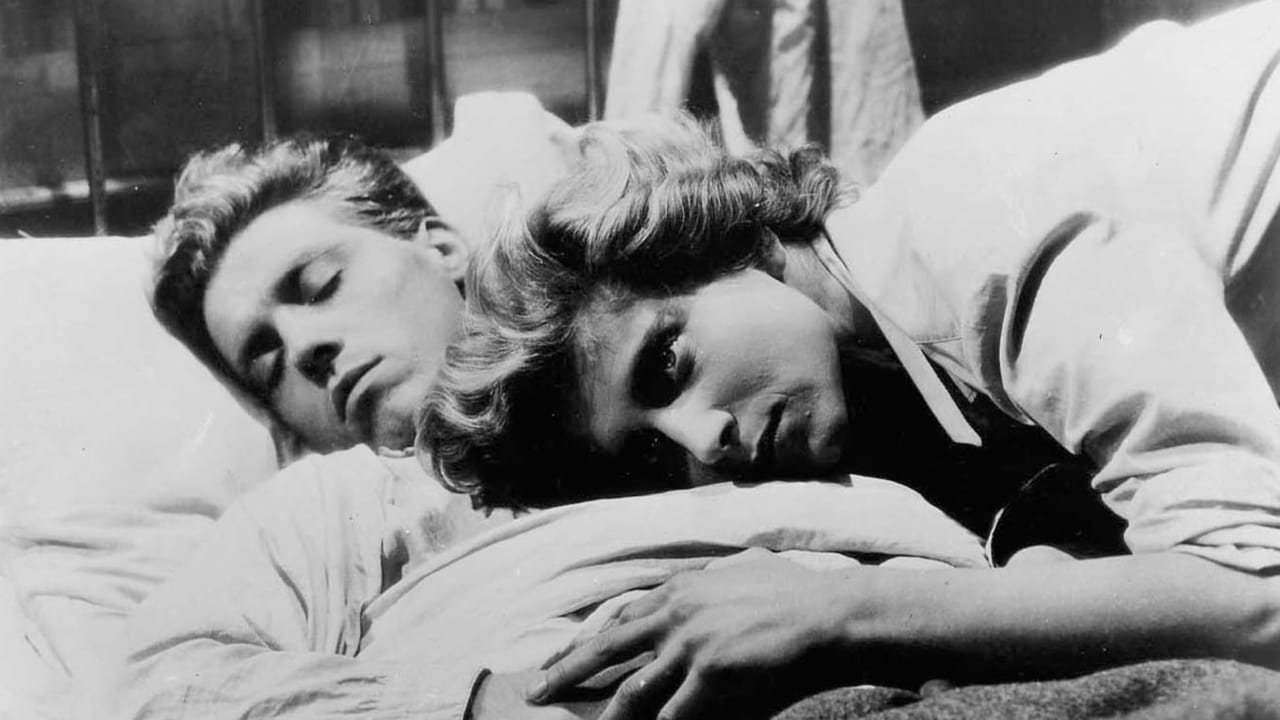
The Blood of a Poet
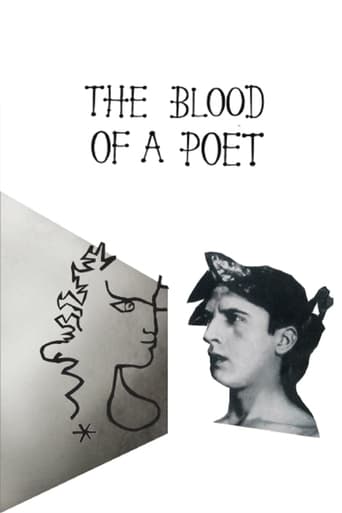
7.3/10
Told in four episodes, an unnamed artist is transported through a mirror into another dimension, where he travels through various bizarre scenarios. This film is the first part of Cocteau's Orphic Trilogy, which consists of The Blood of a Poet (1930), Orpheus (1950) and Testament of Orpheus (1960).
The Storm Within
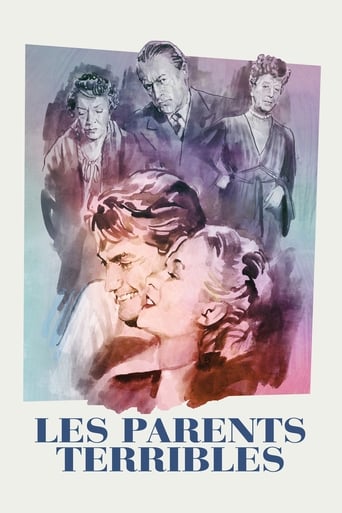
6.9/10
Young Michel is in love with the attractive Madeleine, so he decides to tell his parents of his intention to marry her. He thinks his announcement is innocent enough; his engagement, however, threatens to reveal dark secrets lurking within his family's home. Yvonne, Michel's overbearing mother, concocts an elaborate scheme to drive Madeleine away, thus keeping uncomfortable household truths from being exposed.
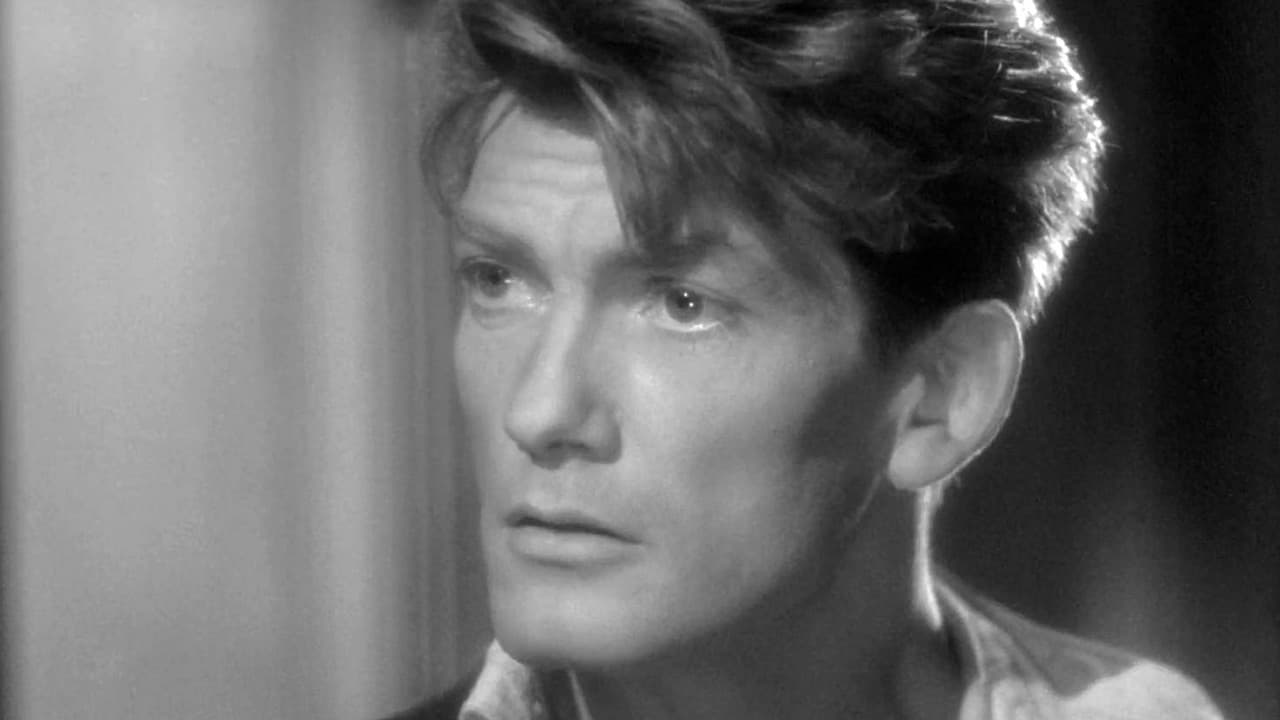
La Malibran
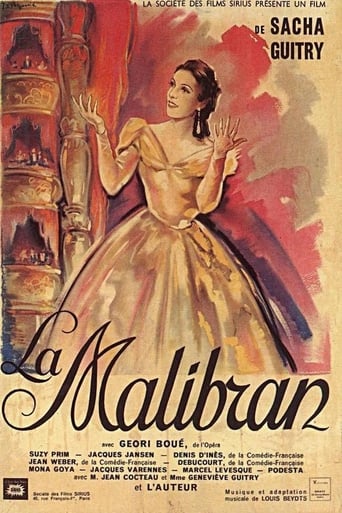
6.4/10
The Phantom Baron
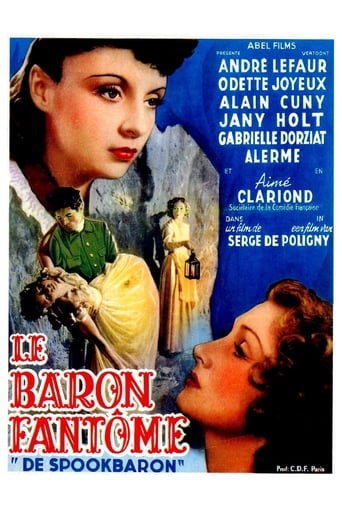
6.5/10
Elfy, Countess of Saint-Hélié's daughter, was brought up with her foster sister Anne, in an old dilapidated castle whose landlord, Baron Julius Carol, disappeared mysteriously some day. The two girls had a playmate, Hervé, the son of the gamekeeper. Now that they are adult, Anne is in love with Hervé while Elfy thinks she loves the young man. One day, the baron's mummified body is found in an oubliette and the secret of the estate is revealed...
Callas Assoluta
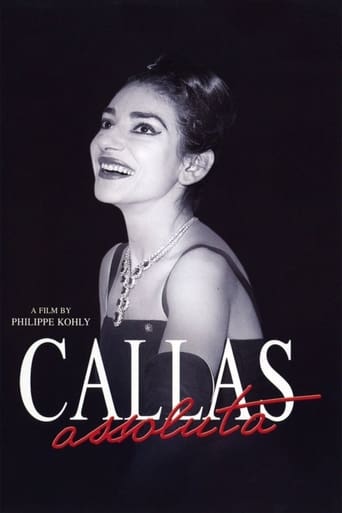
7.5/10
This revealing documentary from director Philippe Kohly examines the storied life of renowned soprano Maria Callas, from her troubled childhood in New York City to her scandal-laden but triumphant international career in opera. Featuring archival interviews with Callas herself and footage of contemporaries such as her lover Aristotle Onassis, this celebration of "La Divina" pays tribute to her enduring legacy some three decades after her death.
Jean Cocteau: Lies and Truths
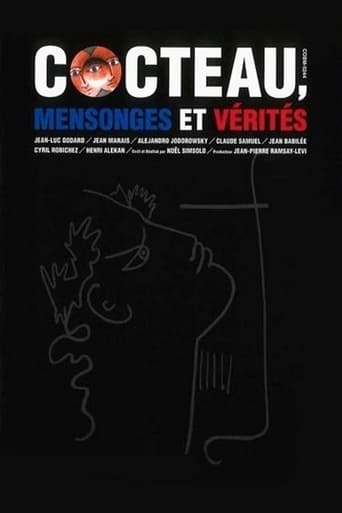
6.3/10
This documentary consists mainly of archive interviews of Jean Cocteau, and it features interesting contributions by Jean Marais and especially Jean-Luc Godard, who discusses Cocteau's foray into cinema. The film documents all the artistic media explored by a man who defined himself, first and foremost, as a poet.
A Night at the Opera
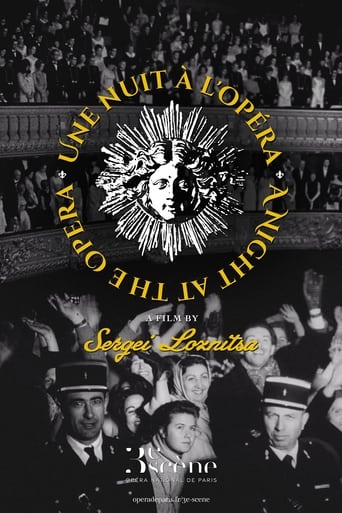
6.5/10
A documentary view of the galas of Paris’s Palais Garnier in the 1950s and ’60s.
Disorder
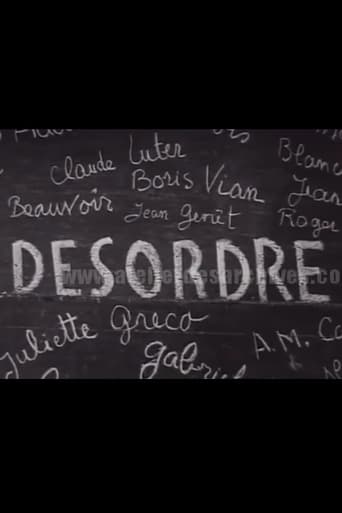
5.6/10
Docufiction set in the Paris art scene.
Venom and Eternity
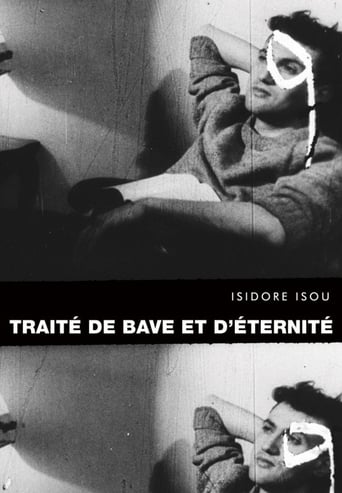
6.7/10
In this experimental film, Isidore Isou, the leader of the lettrist movement, lashes out at conventional cinema and offers a revolutionary form of movie-making: through scratching and bleaching the film, through desynchronizing the soundtrack and the visual track, through deconstructing the story, he aims to renew the seventh art the same way he tried to revolutionize the literary world.
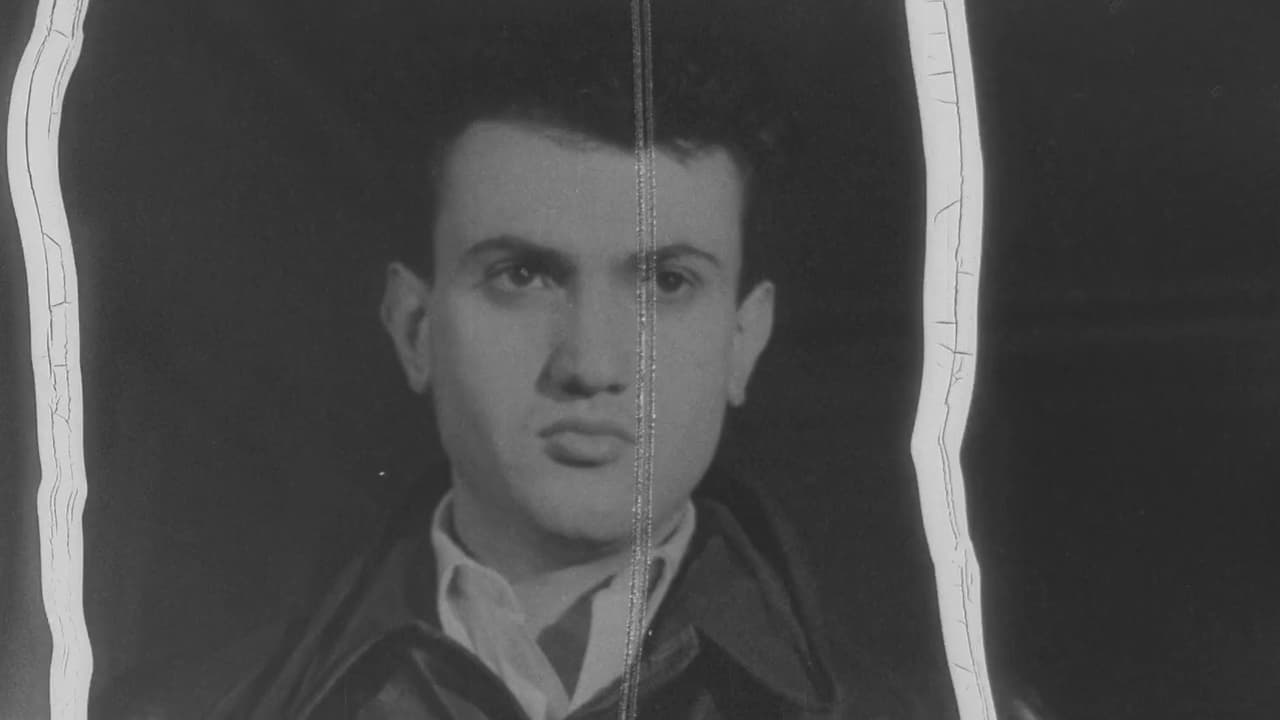
8 X 8: A Chess-Sonata in 8 Movements
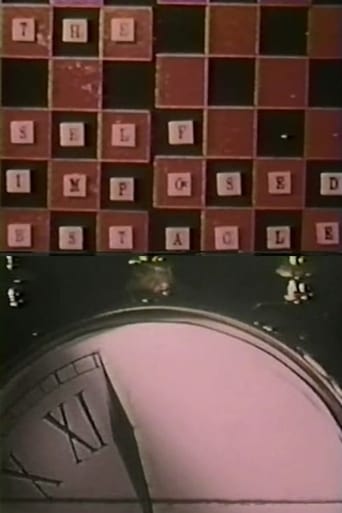
5.7/10
8 x 8: A Chess-Sonata in 8 Movements is an American experimental film directed by Hans Richter, Marcel Duchamp, and Jean Cocteau. Described by Richter as "part Freud, part Lewis Carroll" and filmed partially on the lawn of Duchamp's summer house in Southbury, Connecticut.
Art of Style: Jean Cocteau
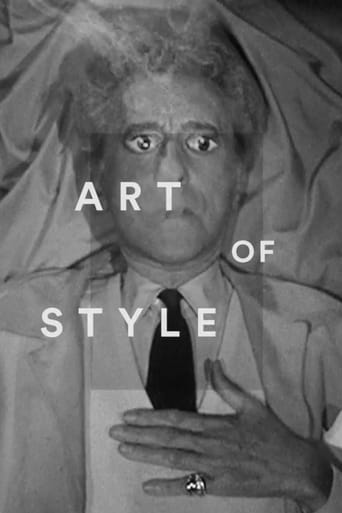
French artist Jean Cocteau's multifaceted work across poetry, plays, paintings and film made him one of the leading creative figures of the Parisian avant-garde movement. Featuring Cocteau's own writings read by actor Timothée Chalamet, explore the dream-like quality of Cocteau's one of a kind oeuvre.
Jean Cocteau: Autobiography of an Unknown
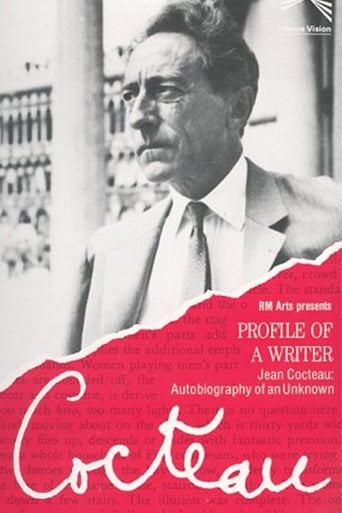
7/10
Jean Cocteau reminisces about the people he has known throughout his long life.
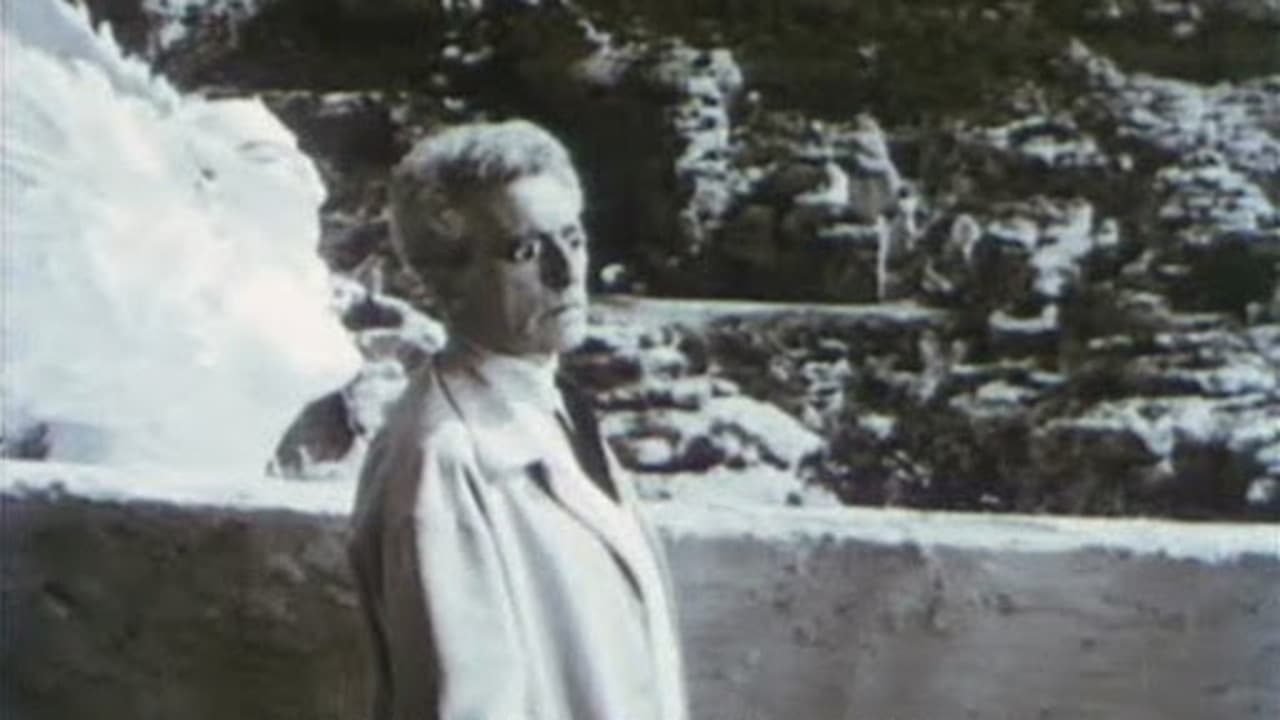
Great Writers: Jean Cocteau
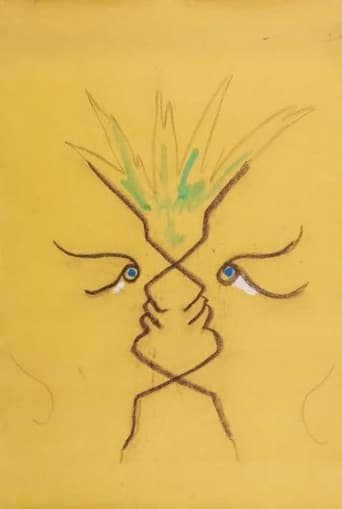
Jean Cocteau (1889-1963), was a French poet, novelist, dramatist, designer, and filmmaker, whose versatility, unconventionality, and enormous output brought him international acclaim. As a leading member of the surrealist movement, he had a great influence on the work of others.
La Villa Santo-Sospir
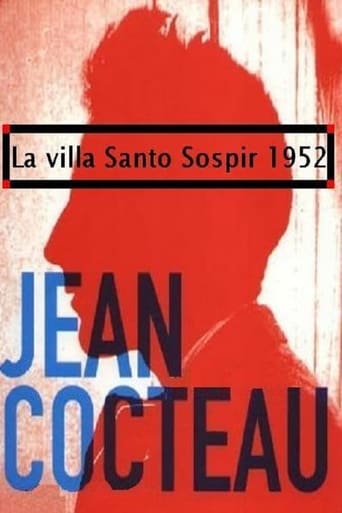
6.5/10
Cocteau takes the viewer on a tour of a friend's villa on the French coast (a major location used in Testament of Orpheus). The house itself is heavily decorated, mostly by Cocteau (and a bit by Picasso), and we are given an extensive tour of the artwork. Cocteau also shows us several dozen paintings as well. Most cover mythological themes, of course. He also proudly shows paintings by Edouard Dermithe and Jean Marais and plays around his own home in Villefranche.
Jean Cocteau Addresses the Year 2000
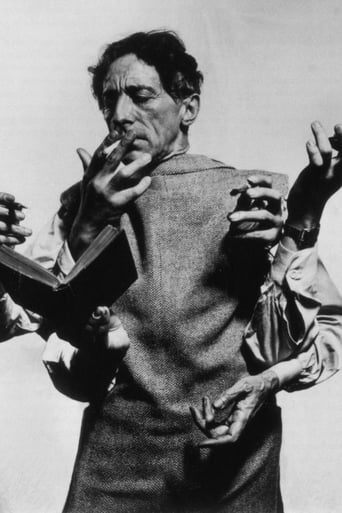
6.7/10
Just a couple of months before his death, in August 1963, he made one last film: a 25-minute short entitled Jean Cocteau s’adresse à l’an 2000 (Cocteau addresses the year 2000). The film comprises one still and highly sober shot of Cocteau facing the camera head-on to address the youth of the future. Once recorded, this spoken message for the 21st century was wrapped up, sealed and posted on the understanding that it would be opened only in the year 2000 (as it turned out, it was discovered and exhumed a few years shy of that date). If in The Testament Cocteau portrays himself as a living anachronism, a lonesome classical modernist loitering in space-time in the same buckskin jacket and tie while lost in the spectral light of his memories, here he acknowledges explicitly the irony of his phantom-like state: by the time the viewer sees this image, he, J. C., our saviour Poet, will long be dead.





